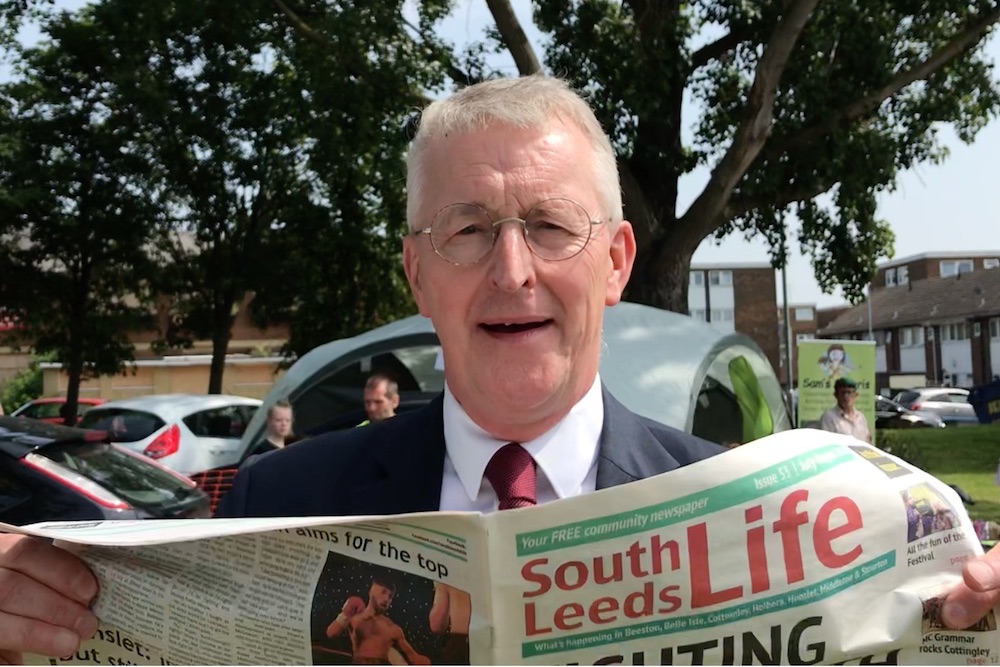
Looking at my diary at the start of each day has presented a whole new world since lockdown began.
Where once there were meetings that involved travel, near or far, and papers I had to remember to take with me, now there are Zoom, Skype, Teams and Webex video meetings. I dutifully log on, assuming I can find the right link, and there are the other participants framed against various kitchens, bedrooms, bookcases and virtual backgrounds. One scientist chose the surface of Mars for his.
I’ve got used to raising my hand icon to make a comment, but remembering to unmute can be a bit hit and miss. I’ve asked virtual questions in the House of Commons, I’ve chaired virtual select committee meetings, and for the past two weeks all MPs have been voting electronically. I thought it worked pretty well.
But for all the benefits of this technology, nothing can replace meeting friends and family. And so, as summer beckons, I’m going to miss greatly the Hunslet and Holbeck Galas, the Beeston Festival and the Belle Isle Community Gala. Here’s to next year.
We’ve all been getting used to doing things differently, and as I write, we are waiting to see what parts of the lockdown will ease. Given that we are going to have to live with this virus for quite some time to come, it’s going to be a really difficult balancing act between enabling those parts of the economy that have been forced to shut down to start functioning again while ensuring that we don’t allow the virus to spread and cause a second spike.
And it’s perfectly understandable that, having been told for two months to stay at home to save lives, people are somewhat reluctant to come out again without being reassured that workplaces, public transport and shops are safe.
This is exactly the debate that has been occupying school staff, headteachers and parents in South Leeds. I have responded to all those who have contacted me to say that I think a decision should be based on certain conditions to ensure safety being met rather than on an arbitrary date. After all, putting in place an effective test, track, trace and isolate system will be vital in trying to keep the epidemic under control and in building public confidence.
Our thoughts are also turning to the longer term. How are we meant to get to work if capacity on public transport is significantly reduced? How will pubs, cafés, restaurants and tourism manage to be viable with social distancing?
How can we avoid a sharp rise in unemployment if some firms go bust? Do we really want to go back to high levels of air pollution and CO2 emissions?
Here are some things that should guide us in working out what to do. No-one should be left behind. Local community organisations, which have been doing such an extraordinary job during this crisis, need financial support. Now is the time to do something about the insecurity and inequality that affects far too many people’s lives. Why not make more of the things we need here in the UK? And let’s undertake a huge programme of public investment to support the big changes we know we need to make; for example, now is the time to crack on with decarbonising the economy and the way in which we travel and heat our homes. A huge number of jobs could be created in the process.
We may now be living in a world that is betwixt and between the old and the new, but the future is ours to make.


